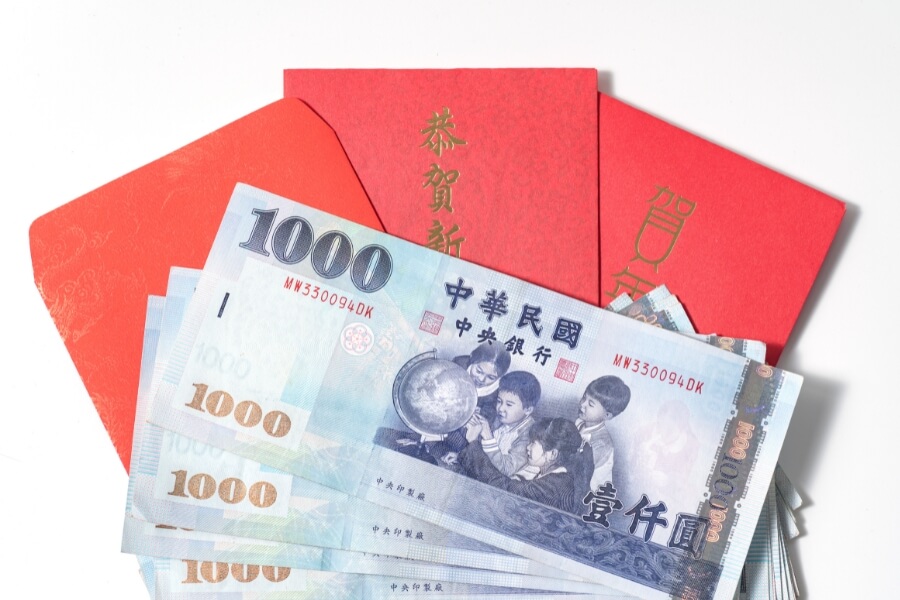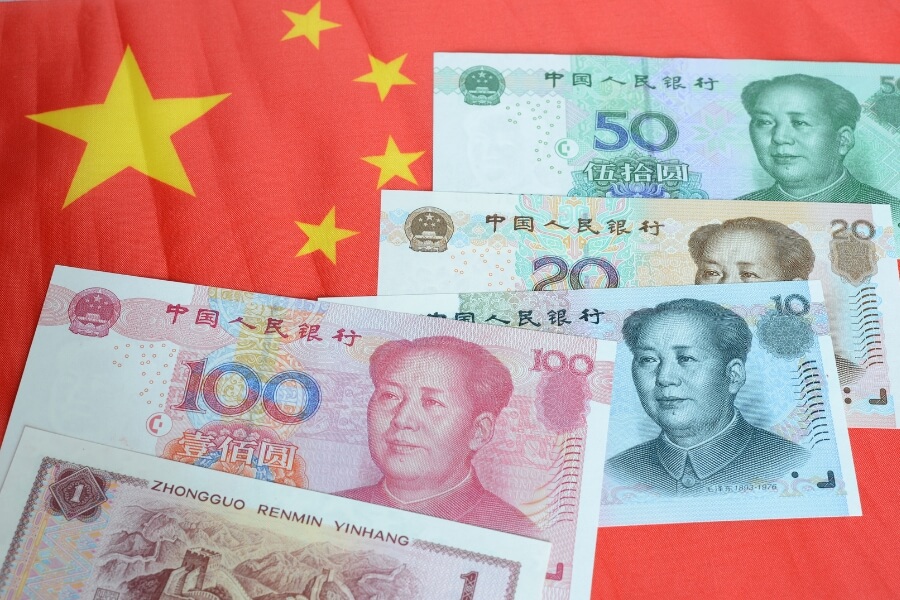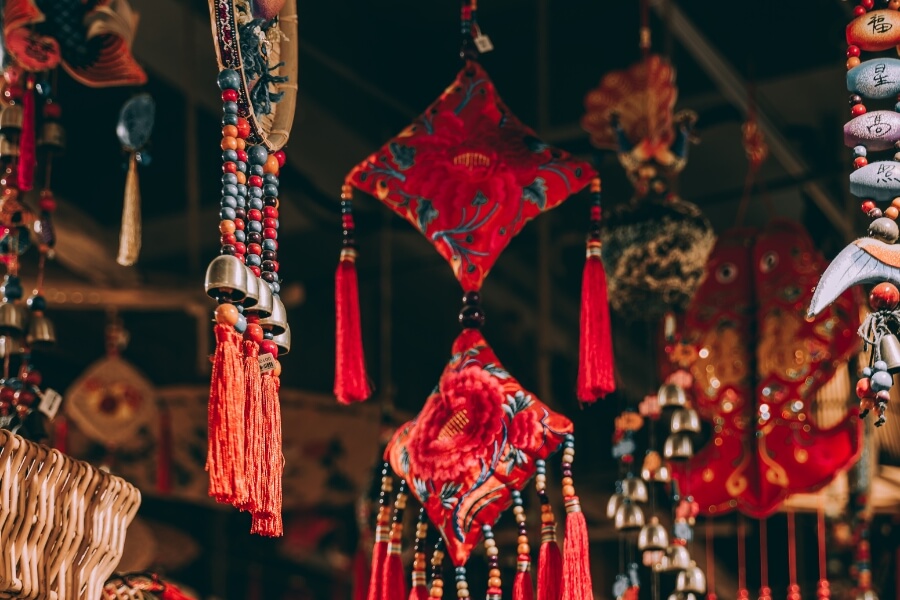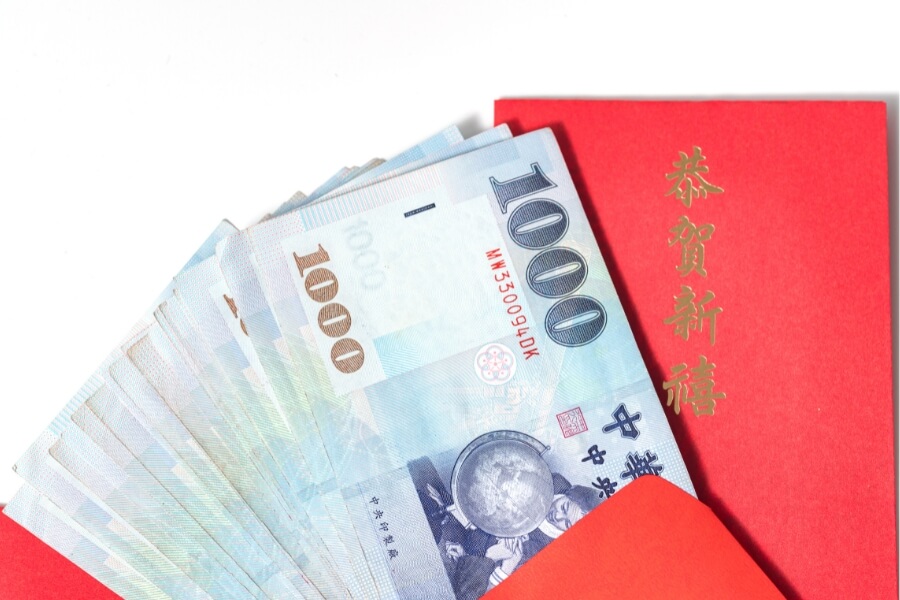Traveling to China in 2026 promises an adventure filled with ancient wonders, bustling cities, and culinary delights that leave lasting impressions. Yet, amidst the excitement of exploring the Great Wall, joining a china local tour, or wandering through Shanghai's neon-lit streets, managing finances smoothly can make all the difference. For many visitors, navigating money exchange China and international payments China feels like unlocking a new level of convenience in a country where digital innovation meets traditional charm. This guide dives into practical money tips China for tourists, drawing from reliable sources and real-world insights to help you focus on the journey rather than the logistics. Whether you're budgeting for street food in Beijing or splurging on souvenirs in Xi'an, understanding travel money China ensures a seamless experience.
Mastering the Basics of Currency and Money Exchange China
China's official currency, the Renminbi (RMB), often simply called yuan, is the backbone of daily transactions. As you prepare for your 2026 trip, knowing how to handle money exchange China starts with recognizing that one yuan equals about 10 jiao or 100 fen, though you'll mostly deal with yuan notes and coins. Prices are typically marked with the ¥ symbol, making it straightforward once you're there.
Exchanging foreign currency into RMB is essential since most local vendors and services operate solely in yuan. Many travelers discover the thrill of arriving with a bit of local cash already in hand, exchanged back home at banks or airports. This small step alleviates the immediate stress upon landing, allowing you to grab a taxi or a quick bite without delay. For instance, regulations cap cash imports at RMB 20,000, so plan accordingly to avoid customs hassles.
When it comes to rates, China's exchange system is regulated, ensuring consistency across official channels, but fees can vary. Opting for exchanges at major banks like the Bank of China or Industrial and Commercial Bank of China (ICBC) often yields the best value, as they handle massive daily volumes - over $285 billion in foreign transactions, according to global financial reports. This reliability builds confidence, especially when you're far from home and every yuan counts toward memorable experiences like a serene boat ride on the Li River.
Top Spots for Efficient Money Exchange China
Finding the right place for money exchange China can transform potential frustrations into effortless transitions. Major international airports, such as those in Beijing, Shanghai, and Chengdu, feature exchange counters that are convenient right after customs. While rates here might not be the absolute best, the ease - especially with English-speaking staff - makes them ideal for initial needs.
For better deals, head to established banks in city centers. These institutions not only offer competitive rates but also provide a secure environment, complete with receipts for every transaction. Imagine stepping into a bustling branch in Shanghai, passport in hand, and walking out with crisp yuan notes ready for your urban exploration. Hotels in tourist-heavy areas also facilitate exchanges, though convenience comes at a slight premium in fees.
ATMs represent another pillar of travel money China, particularly in urban hubs. Networks accepting Visa, Mastercard, and even Discover are widespread, with English interfaces simplifying withdrawals. A key tip: Chinese ATMs dispense cash before returning your card, a quirk that catches many off guard but becomes second nature quickly. In rural spots or smaller towns, however, cash reigns supreme, so stocking up in cities prevents any hiccups during off-the-beaten-path adventures.
Documents play a crucial role here. You'll typically need a valid passport with your Chinese visa, an entry stamp, and sometimes proof of funds like a bank statement. Keeping these organized ensures smooth processes, as delays from incomplete paperwork can eat into precious sightseeing time. By 2026, with ongoing enhancements in tourist infrastructure, expect even more streamlined services at dedicated Foreign Guest Payment Service Centers in airports like Xian and Kunming, designed specifically to cater to international visitors.
Embracing Digital Innovations in International Payments China
In a nation where mobile payments process billions of transactions monthly, diving into digital options elevates your travel money China strategy. Alipay and WeChat Pay dominate, turning smartphones into wallets that scan QR codes for everything from metro rides to market haggling. The excitement of paying contactlessly at a vibrant night market, without fumbling for bills, captures the essence of modern China.
For tourists, the good news is that since 2023, these apps have increasingly accepted international credit cards, with compatibility expanding by 2026 to include more banks worldwide. Setting up involves downloading the app, linking your card, and verifying - a process that's become more user-friendly for foreigners, often with English support. Picture seamlessly settling a bill at a dim sum restaurant in Guangzhou, feeling like a local amid the lively chatter.
Yet, while digital payments shine in cities, cash backups are wise for remote areas where connectivity dips. This hybrid approach - blending tech with tradition - mirrors China's dynamic evolution, making international payments China not just functional but an integral part of the cultural immersion. As trends project, by 2026, platforms like these will further integrate with global systems, reducing barriers and enhancing the joy of spontaneous discoveries.
Navigating Credit Cards, ATMs, and Payment in China
Credit and debit cards add another layer to your money tips China for tourists arsenal. Visa and Mastercard enjoy broad acceptance in upscale hotels, malls, and restaurants across major cities, while American Express lags behind. Notifying your bank of your travel plans beforehand prevents unwelcome blocks, ensuring your card works when you need it most - like booking a high-speed train ticket on the spot.
ATMs, especially from the Bank of China, are reliable allies, though fees from both sides can add up. Limiting withdrawals to cover a few days minimizes costs, allowing more budget for indulgences like a tea ceremony in Hangzhou. In tourist hotspots, POS machines tailored for foreign cards are proliferating, a development that's set to accelerate into 2026 with policy pushes for easier tourism finances.
For those eyeing UnionPay cards, acquiring one before departure can unlock even wider acceptance, particularly in less touristy regions. This foresight turns potential payment hurdles into smooth sails, letting you savor the serenity of places like Zhangjiajie without financial distractions.
Steering Clear of Pitfalls in Travel Money China
No guide on money exchange China would be complete without addressing risks. Counterfeit notes, especially ¥50 and ¥100 bills, pose a real threat, but simple checks - like feeling the textured collar on Mao's portrait or tilting to see color shifts - empower you to spot fakes. Many visitors recount the relief of handing suspicious bills to banks for disposal, curbing circulation and protecting future travelers.
Scams often lurk with unauthorized street dealers, who account for a staggering portion of fraud cases. Sticking to licensed spots and demanding receipts builds a safety net. Additionally, mind the annual exchange limit of $50,000 to stay compliant. These precautions foster trust in the system, turning what could be anxious moments into confident strides through China's vibrant landscapes.
Budgeting wisely also matters. For a two-week tour, allocating around AU$1,000 per person covers extras like meals (think ¥10-20 for noodle dishes) and souvenirs, adjusting for personal tastes. Diversifying - cash, cards, apps - guards against surprises, ensuring your focus remains on the awe-inspiring sights.
Looking Ahead: Trends Shaping Payment in China by 2026
As China advances its digital economy, 2026 heralds even more accessible international payments China. Enhancements in mobile platforms, including better foreign card integration and user interfaces, promise to make payment in China intuitive for all. The rise of the digital yuan could further simplify transactions, blending security with speed for tourists navigating bustling markets or serene temples.
Policy updates, like streamlined foreign exchange controls, aim to boost tourism by easing reinvestments and payments. This forward momentum means visitors can anticipate fewer barriers, amplifying the magic of discovery in a land where history and innovation intertwine.
Wrapping Up: Your Gateway to Worry-Free Adventures with China Local Tour
Embarking on a journey through China - from the serene Li River to the electric energy of Hong Kong's vibrant streets - becomes truly unforgettable when financial worries are off the table. By joining a China Local Tour, you gain more than just a travel itinerary; our expert team provides comprehensive support, equipping you with all the essential information on money exchange China and international payments China before your trip begins. From guiding you on setting up Alipay for seamless market purchases to advising on the best banks for currency exchange, we ensure every detail is covered. In 2026, with digital innovations and simplified payment systems paving the way, there’s no better time to explore China’s wonders. Ready to dive into this adventure? Contact China Local Tour today to plan your journey, and let us handle the financial logistics so you can focus on creating memories that last a lifetime.






